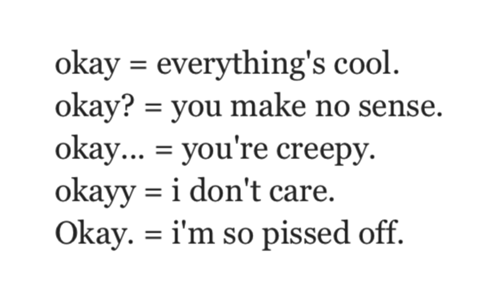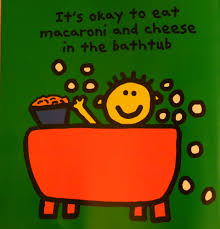nincompoop (plural nincompoops)
- (derogatory) A foolish or silly person. [from 16th c.] synonyms ▲quotations ▼Synonyms: dunderhead, fool, imbecile, nitwit,
- gaby, hammerhead, putz; see also Thesaurus:fool
It seems that insults or slurs are subject to fashion and context.

“You little monkey” is often heard from proud mothers beaming at agile, mischievious infants. However, it is a gross insult for dark skinned people, particularly hulking great sportsmen!
As an African I am keenly aware that the K-word is a definite no word and is felt as a terrible insult by black Southern Africans. Yet Afrikaners frequently referred to their own chubby little children as klein kaffertjies, as a sign of endearment.
I recall some years ago yelling out in exasperation “O you baboon!” at a rugby game when one of my son’s team mates dropped the ball, missing a certain try.
After the game, I was delicately taken to task (I usually gave lifts to the players and was a faithful fan). It was said that exasperation was acceptable and they were happy for the exchange of hairdresser for baboon.
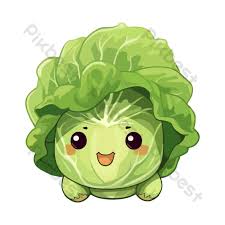
I suppose one should not use even that as exasperated critique at a rugby match these days….
I am sure if I called my wife a cabbage, she would resent it, yet in France it is a term of endearment.
In a change of direction we see that Sam Kerr, who has an Indian grandmother, was arrested for calling a cop a stupid white bastard.
I wonder which word makes it an insult ?
There is a whole list of ethnic slurs in Google for almost every country or ethnicity: quite enetertaining reading and in a way an account of history.
Identity slurs have become a political weapon, capable of being exaggerated and sensationalised until the fallout stuns the nation. How did simple words get so over inflated into righteous causes? You bitch is not a nice thing to say; you black/white bitch is a mortal sin, likely to entrance the nation for a week!

Back in the day, if one was insulted, one returned the insult or biffed the insulter on the nose or walked away. Now we huff and puff and the house is blown down by the selective Mother Grundy zealots determined to impose their values and solutions on our world. And the media pumps it up with suitable tones of horror and barely suppressed outrage.
What happened to “Sticks and stones can break your bones, but words will never harm you”??
It really is a matter of choice – but there seems to be so much ado about nothing!!
It is time that the nanny response to such small stuff is shelved and we need some brave politicians and editors to say so.
Ya piddle nishers!
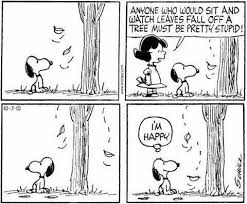




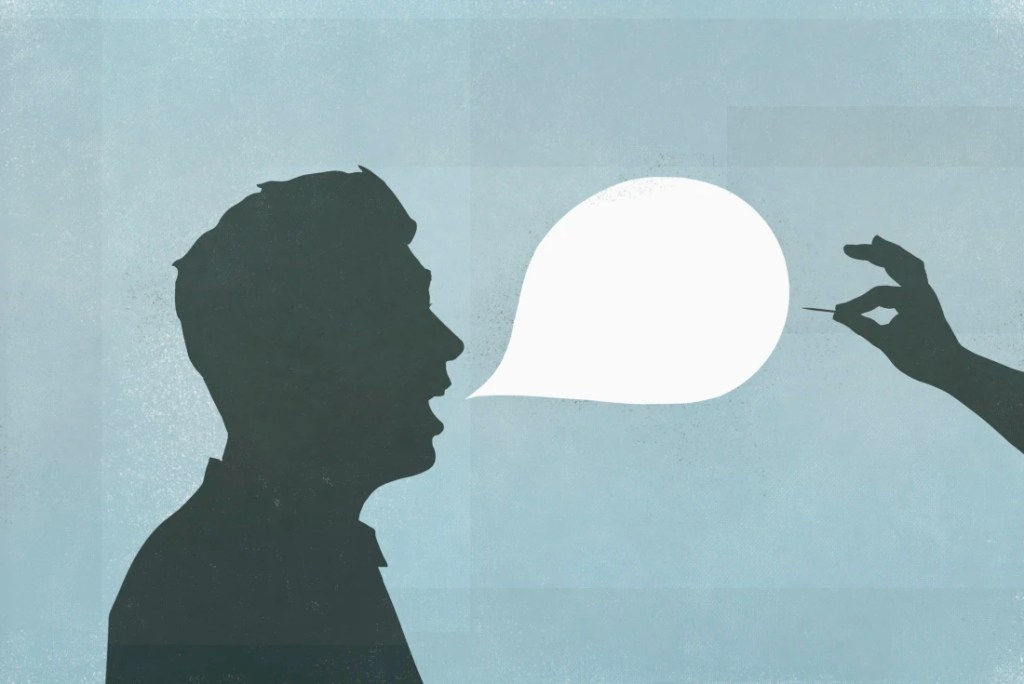








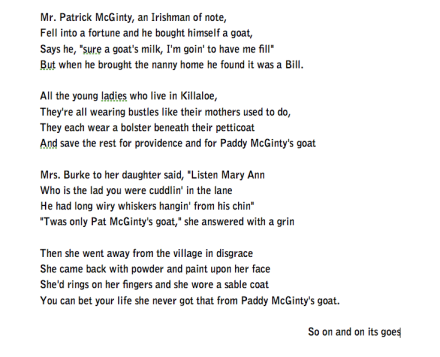


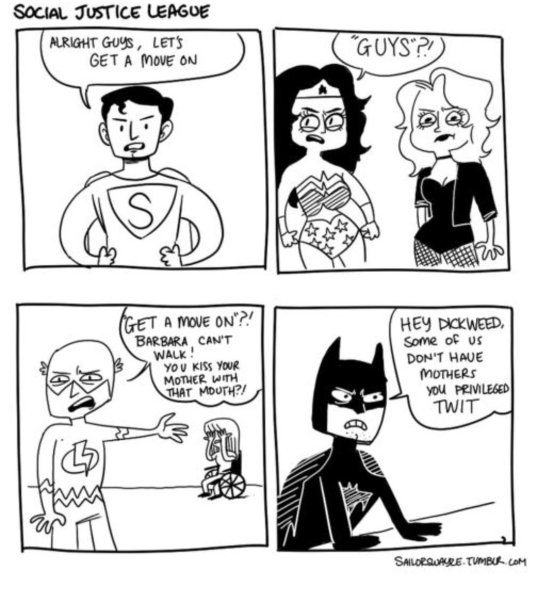

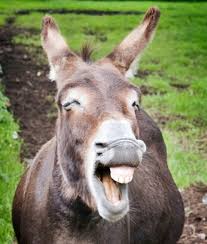
 word lady, to wit: The common use of lady referring to woman is pretentious, bourgeoise, obsequious, euphemious, ignorant and incorrect.
word lady, to wit: The common use of lady referring to woman is pretentious, bourgeoise, obsequious, euphemious, ignorant and incorrect. 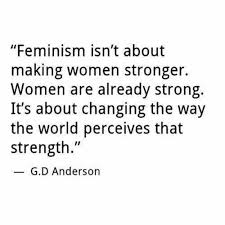 t for a female. However, I would not be respectful if I persisted in addressing my Sistah as a lady, so I will avoid doing so; but I reject her right to require me to do so generically to all women.
t for a female. However, I would not be respectful if I persisted in addressing my Sistah as a lady, so I will avoid doing so; but I reject her right to require me to do so generically to all women. I can’t fault her viewpoint and admire her radical standpoint. Women are in no way inferior beings and I wholeheartedly support their rights to equal treatment and demands for the removal of impediments to so
I can’t fault her viewpoint and admire her radical standpoint. Women are in no way inferior beings and I wholeheartedly support their rights to equal treatment and demands for the removal of impediments to so
 Most of my readers know me for a delicate, sensitive, if not always sensible sort. I must confess though, that I am given to slightly warm feelings when irked in particular, by banal, inappropriate or feeble utterances.
Most of my readers know me for a delicate, sensitive, if not always sensible sort. I must confess though, that I am given to slightly warm feelings when irked in particular, by banal, inappropriate or feeble utterances.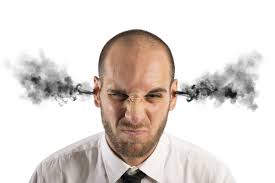
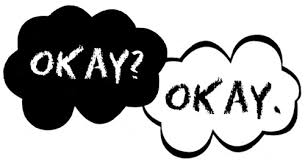 e and terrifying condition in which to be. I strongly endorse the practice of checking your loved ones’ mental strength. Asking shows you care and provides an opportunity for a release or a cry for help.
e and terrifying condition in which to be. I strongly endorse the practice of checking your loved ones’ mental strength. Asking shows you care and provides an opportunity for a release or a cry for help.